Sustainability reporting nears its final form: GRI’s taxonomy is open for comments
- June 20, 2024
- 3 minutes
This week, the Global Reporting Initiative (GRI) launched a public consultation for its new GRI Sustainability Taxonomy draft. This digital, structured framework will allow companies to organize and classify their disclosures and information according to the GRI Standards.
The public comment period is active until 11 August 2024, and XBRL specialists and sustainability experts are encouraged to respond, to gather feedback on the structure and content of the taxonomy.
As seasoned XBRL experts with over 15 years of experience, we actively review the taxonomy to offer our insights and feedback. We also encourage our clients and partners to join us in shaping sustainability reporting by examining these new digital requirements.
Digital tools are becoming increasingly crucial for organizations to disclose detailed information about their sustainability impacts. A fully digital taxonomy enables the use of computer-readable report formats, which ease the transition between different reporting frameworks and regulatory requirements. This approach also enhances accessibility to a wide range of sustainability data, supporting faster and more cost-effective reporting practices.
GRI Sustainability taxonomy: Leveraging the full advantage of digital
The GRI Sustainability taxonomy is expected to ensure:
- Expanded reporting options: enables companies to provide reports based on the GRI Standards in XBRL alongside traditional formats such as pdf;
- A digital repository of information: provides a source for consistent impact-related sustainability data that will be useful for reporters, researchers and others;
- Automatic validation: ensures that a company’s sustainability report adheres to requirements of reporting “in accordance” or “with reference to” the GRI Standards
- Opportunities for interoperability: helps to ensure the same data can be used to report with different standards in the future.
GRI and IFRS deepen interoperability of sustainability reporting
This year, Global Reporting Initiative (GRI) and the IFRS Foundation announced an enhanced collaboration aimed at creating full interoperability between GRI and ISSB standards.
The collaboration will optimize the use of GRI and ISSB standards, focusing on seamless reporting of an organization’s impacts, risks, and opportunities. The International Sustainability Standards Board (ISSB) and the Global Sustainability Standards Board (GSSB) will work together to align common disclosures, beginning with a pilot project on biodiversity. This initiative aims to integrate thematic and sector-based standards into a unified reporting framework.
Historically, the IFRS Foundation and GRI have led parallel efforts to enhance transparency and comparability in sustainability reporting. By consolidating their strengths, they aim to reduce duplication and complexity in the sustainability disclosure landscape.
Next week our experts will attend the IFRS Foundation Conference to join the discussion with a range of experts in financial reporting, both in accounting and sustainability disclosures, regulators and standard-setters. The agenda will be focused on:
- IFRS 18 Presentation and Disclosure in Financial Statements to improve companies’ financial performance reporting;
- Progress towards adoption of ISSB’s first two IFRS Sustainability Disclosure Standards.
Planning to attend the IFRS Conference as well? Meet with our experts on-site, or we can schedule a meeting in advance to discuss your data standardization, reporting, and other data-related challenges.
As digital reporting comes to sustainability, companies are turning to RegTech tools
As digital reporting becomes more relevant to sustainability, reporters are hearing a lot about it at the moment. In addition to the published GRI Sustainability Reporting Taxonomy, they have seen the release of the ISSB XBRL Taxonomy, published explainers, and drafts of the ESRS XBRL Taxonomy.
Affected companies are bracing for new requirements and possible challenges that the sustainability reporting process may present.
For those unfamiliar with XBRL, the data format used for business reporting, understanding its importance in sustainability and how to use it effectively for maximum value—not just for reporting purposes—is the first step toward complying with regulatory requirements.
When it comes to advancing the reporting process in a technology-driven way, RegTech tools lead the way. Now, the sustainability reporting process extends from the initial report content definition to the materiality analysis, data collection and analysis, and the publishing and distribution of the report. Without digital intervention, the process can be time-intensive, relying heavily on manual efforts to collect and aggregate information from within the company and from external stakeholders.
Our XBRL experts are here to answer your questions, enhance your team’s technical knowledge, and provide dedicated technology for more efficient data collection and XBRL reporting of sustainability data.


